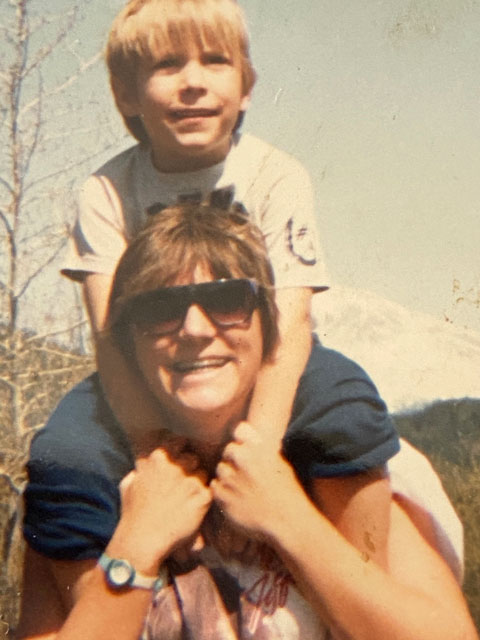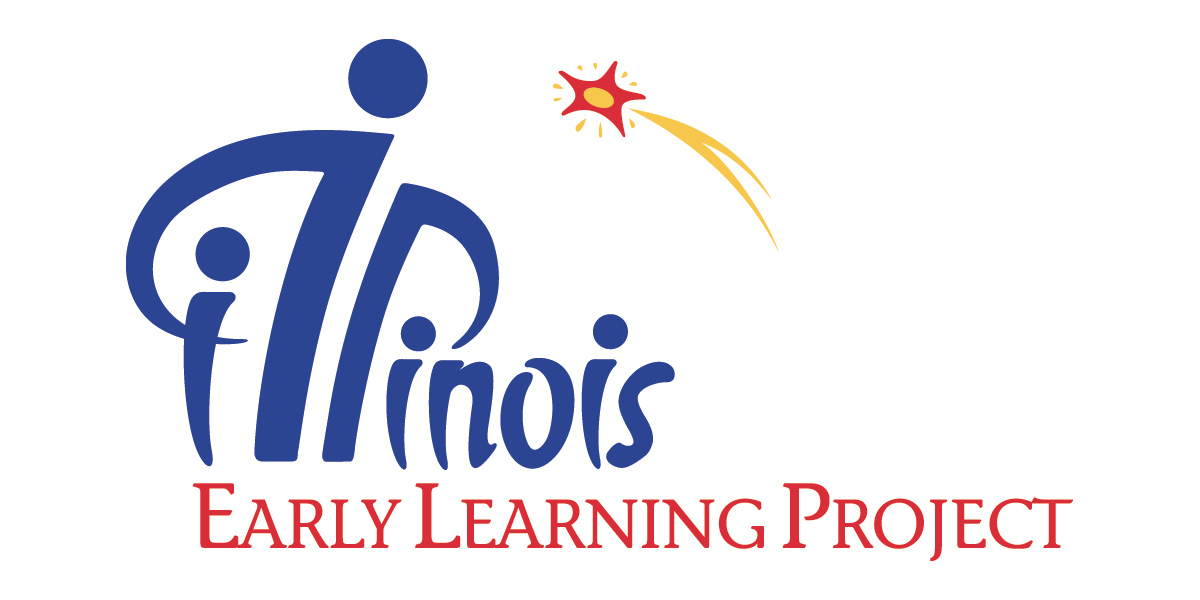
Parents and caregivers of a child with a disability may be concerned about the well-being of their other children. Parents often struggle with having time and attention to give to all their children when one child requires a lot of time and attention. In this blog, I offer my insights on the experiences a young sibling of a child with a disability may have and offer helpful tips for families.
I am the middle sibling of three. My brother is 10 years younger, is on the autism spectrum, and has an intellectual disability. He and I were very close growing up and still remain close. After I became established in my career and home, I invited him to live with me and my children about 10 years ago. We made this decision as a family as my parents were retiring and wanted to travel.
My relationship with my brother influenced my passion for working with individuals with a disability. I was a preschool/kindergarten special education teacher and administrator for 12 years before pursuing my Ph.D. Although I hold a very special bond and have enjoyed my experiences with my brother, there have been some challenges in having a brother with a disability. I recall as a child grocery shopping with my mom and brother and leaving before checking out because my brother was struggling to control his emotions. But this just seemed like ordinary life for me; it wasn’t until adulthood that I really understood how unique our family was because of my brother’s needs.
Based on my experiences, here are two helpful strategies for families supporting young siblings of a child with a disability.
Spend time with and talk to your child
Set aside or schedule one-on-one time with each of your children. Because the child with the disability will likely require a lot of the parents’ time and attention, spending special time together can help children feel valued and connected to their parents.
Growing up in my family, my mother would set aside one day a year where she would take us, individually, out of town to go clothes shopping. I didn’t realize the impact as a young child; however, I recall enjoying and looking forward to those days where it was just me and my mom.
Young children may not understand their feelings about their sibling with a disability. They may feel that they cannot show or express anger as typical sibling conflicts arise. Having open, honest, and age-appropriate conversations can help young children understand their feelings.
As a teenager, I often babysat my brother. Given his unique needs in his younger years, he was only supervised by family or close friends. Looking back on those times, I recall resenting this, but I didn’t always feel I could voice my feelings. This was because our busy family didn’t have many other options than me to babysit, and I didn’t fully understand the source of my resentment at that age.
I’m sure my parents assumed I didn’t mind because my brother and I were so close and we did a lot of things together anyway. As an adult, I appreciate my parents listening when I did share that I didn’t want to babysit and respecting my feelings by making other arrangements or changing their plans.
Involve your child
If your child with a disability is receiving early intervention services and has an Individualized Family Service Plan (IFSP), you may consider including the siblings without a disability in the family plan. Siblings can be involved in therapy sessions by acting as the peer model and/or assisting the therapist in play activities such as rolling a ball back and forth and modeling new words.
Each child is unique, so their level of desire to participate in the care and therapy of their sibling with a disability may vary. Having open, honest conversations regarding their involvement will help.
I recall speech therapists coming to our home and showing me how to help my brother “use his words” when he would point to the cups in the cupboard and yell because he wanted a drink. This made me feel important and gave me ways to interact with my brother.
Note there is a balance to be met when involving siblings in the care of the child with a disability. Some children may take on a “parent” role and may need to be encouraged to participate in their own activities separate from their sibling with a disability. For example, encourage young children to attend play dates or peer birthday parties. They may feel that they need to be home to help take care of their sibling.
Conclusion
Each family of a child with a disability is unique. Creating one-on-one time and having open, honest conversations where children feel able to express their feelings can help families navigate relationships within their family and the involvement of siblings.
As an adult, I cherish the relationship I have with my brother. I cannot imagine our family without him. It might have been nice to have more time to do activities that I enjoyed, but I wouldn’t change my experiences if I could. Because of my brother, I have a career in special education and an understanding of differences most people don’t get to experience.


 Printer-friendly PDF
Printer-friendly PDF Nikki Donnelly
Nikki Donnelly
 PDF para imprimir
PDF para imprimir